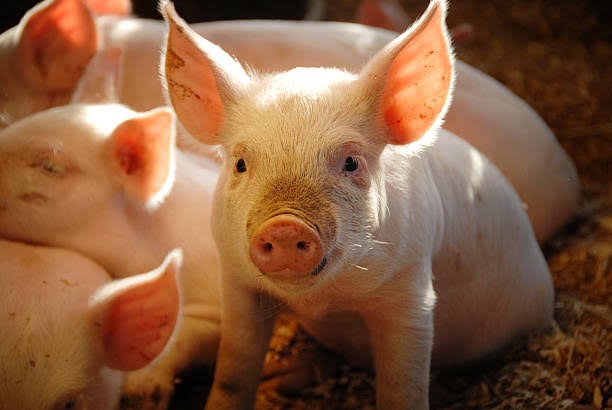Key Steps to Starting a Successful Pig Farm
Starting a pig farm can be a rewarding business venture, but success requires strategic planning and careful consideration. Here are essential steps to guide prospective pig farmers:
Understanding the Market
Conducting thorough market research is crucial. Farmers should assess local demand for pork products and identify their target customers, such as butchers, hotels, or individual consumers. This ensures that there is a viable market for their products.
Securing Land and Infrastructure
Selecting appropriate land is vital. A pig farm needs enough space for pens, feeding areas, and proper waste management. Farmers must also invest in infrastructure such as fencing, water supply systems, and storage facilities to ensure smooth operations.
Choosing the Right Breeds
Selecting suitable pig breeds based on climate, market needs, and production goals is important. Genetic selection can further enhance productivity and the quality of pigs raised.
Nutrition and Feeding
Understanding the nutritional needs of pigs at various growth stages helps optimize growth rates. Farmers should develop feeding strategies to ensure efficiency and reduce costs.
Health and Disease Control
Preventing disease outbreaks is a priority. This involves implementing vaccination programs, adhering to biosecurity protocols, and regularly monitoring the health of pigs. Veterinary advice should be sought when needed.
Manpower and Training
A skilled workforce is essential for effective farm management. Training programs can help staff acquire the necessary expertise to improve productivity and ensure animal welfare.
Financial Planning
Starting a pig farm requires substantial investment, including costs for land, infrastructure, and equipment. Farmers should also plan for ongoing expenses, such as feed, labor, and veterinary care. Developing revenue projections based on market demand and production levels is key to financial sustainability.
Regulatory Compliance
Operating a pig farm requires compliance with local laws, including obtaining necessary licenses and permits. Farmers must also adhere to environmental regulations, such as proper waste management and water pollution control.
By addressing these critical factors, aspiring pig farmers can lay a strong foundation for a profitable and sustainable farming venture.

